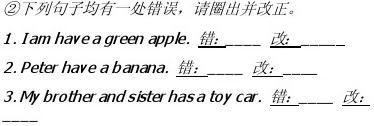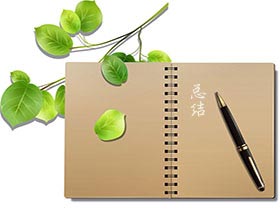have 的用法小结
一、have作实意动词。
1.表示“有”的意思。
Look, I have wings, just like you. (JBⅤL1)
He had fair hair and blue eyes. (JBⅥL2) 〔注1〕:其否定和疑问形式变化,在美国通常用助动词do。 〔注2〕:在英国口语中常用have got代替have.
Look, can’t you see I've got teeth, too,(JBⅤL1)
I haven't got any jewelry.(SBⅠL5)
2.have和一些其他名词连用,表示:
(1)一种活动。
We have no classes on Sunday.(上课)(JBⅡL11)
they’re going to have a volleyball match.(举行比赛)(JBⅢL11)
Are we going to have a meeting this week?(开会)(JBⅢL11)
We are going to have a talk this afternoon.(听报告)(JBⅢL11)
(2)患病。
I have got a headache.(JBⅣL8)
I have a bad cold.(JBⅤL3)
(3)发生的情况。
I've had so many falls that I'm black and blue all over.(跌跤)(JBⅣL10)
(4)生育。
The queen ant may have tens of thousands of babies in one summer.(SBⅠL14)
3.和一与动词同形的名词连用,表示一个动作(have+a+由动词转化和名词)。
…… …… 余下全文


